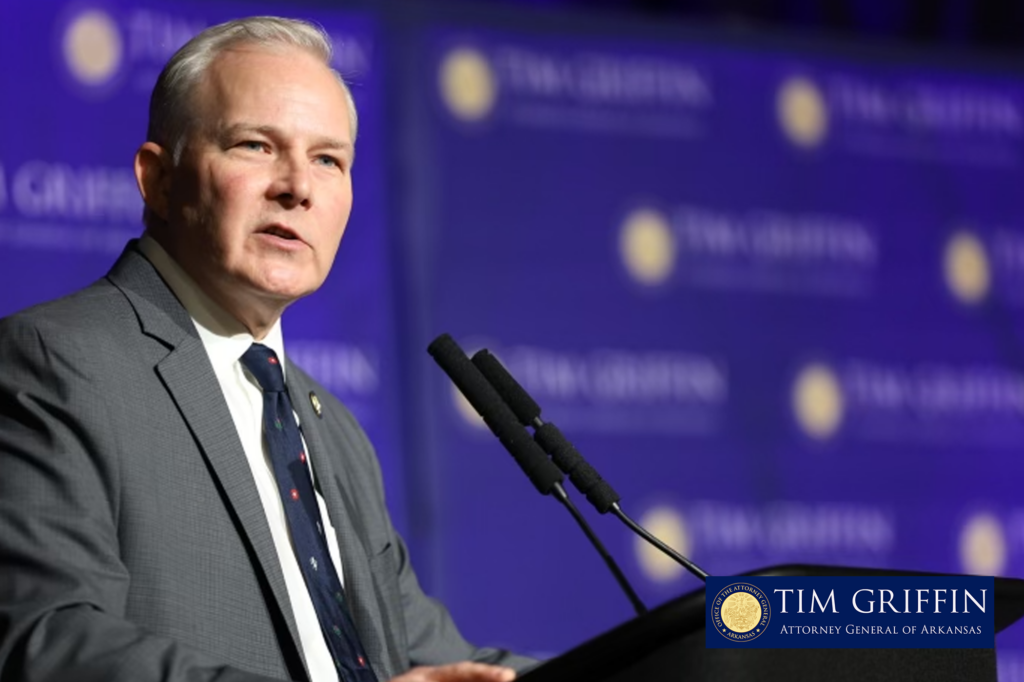Congressman Womack recently met with the Hacala family to discuss reintroduction.
Today, Congressman Steve Womack (AR-3), along with Congresswoman Rosa DeLauro (CT-3), Congressmen Rick Crawford (AR-1), French Hill (AR-2) and Bruce Westerman (AR-4), and Senators Tom Cotton (R-AR), John Boozman (R-AR), and Richard Blumenthal (D-CT), reintroduced the Stephen Hacala Poppy Seed Safety Act. The legislation would prohibit the sale of poppy seeds that contain a harmful level of opiates and require the Food and Drug Administration (FDA) to issue regulations that establish a maximum level of contamination.
Congressman Womack said, “The Hacala family of Rogers tragically lost their son, Stephen, because lethal substances find their way into our food supply through contaminated poppy seeds. In Stephen’s memory, my colleagues and I have created a solution to close an FDA loophole and ensure that only safe products are available for consumption. This bill can save lives and prevent another family from experiencing an unimaginable loss like the Hacalas.”
Congresswoman DeLauro said, “We need stronger safeguards against contaminated poppy seeds. No family should lose a loved one to an unregulated product that we know has the potential to be contaminated with a lethal amount of opiates as a result of how it’s harvested. A lethal and adulterated product has no place in our food supply. This bipartisan legislation is a critical step in closing dangerous gaps in our food safety laws, that allow unsafe poppy seeds to slip though, and ensuring the FDA takes action to protect the health of Americans.”
Senator Cotton said, “Stephen Hacala, Jr. died from an opioid overdose because of a dangerous gap in our nation's drug laws. Despite government warnings, unwashed poppy seeds, which can contain lethal doses of morphine, are still entering our food supply. It's time for the FDA to act so that no other families experience the pain the Hacala family has endured.”
Senator Boozman said, “The sale of unwashed poppy seeds is a threat to the safety of Arkansans and all Americans. This legislation honors Stephen Hacala Jr.’s memory by protecting other consumers from falling victim to dangerous, toxin-laced poppy seeds sold online and families from experiencing the loss of a loved one from similar circumstances.”
Senator Blumenthal said, “This measure would close loopholes that have allowed dangerous and deadly opiates to be sold online. Unwashed poppy seeds available for sale online can contain deadly levels of morphine and have killed tens of Americans. Our bill would ensure stricter FDA regulations and prohibit unwashed poppy seeds from being sold to unwitting consumers.”
Congressman Crawford said, “I am proud to join my Arkansas colleagues in supporting this legislation and I hope it makes the changes necessary to protect individuals in the future from harm.”
Congressman Westerman said, “Because of negligent practices among poppy seed distributors, the Hacala family now grieves the loss of a loved one. Congress must act to ensure that the Food and Drug Administration issues the appropriate regulations to correctly warn the public on the level of opiates that could be consumed through contaminated poppy seeds. I’m proud to support this legislation alongside my fellow Arkansans and House Republicans to prevent other families from enduring the same loss the Hacala family is unfortunately all too familiar with.”
Background:
Poppy Seed Heads - Wikimedia Image
While most poppy seeds are harmless, some manufacturers sell seeds laced with morphine at a cost far higher than normal seeds. These seeds can contain more than 20 times the therapeutic dosage of morphine.
On April 3, 2016, Stephen Hacala of Fayetteville, Arkansas, died from morphine intoxication caused by morphine-laced poppy seeds purchased online. As many as 20 other Americans reportedly have died from overdoses caused by morphine-laced poppy seeds sold directly to consumers.
A research team led by Dr. Madeleine Swortwood, assistant professor of forensic science at Sam Houston State University, studied the morphine content in different bags of poppy seeds. The researchers found that some bags of poppy seeds contained morphine levels many times higher than a fatal dose.
In February 2023, the Department of Defense warned service members to avoid poppy seed products due to contamination and the risk of failing drug tests.
























